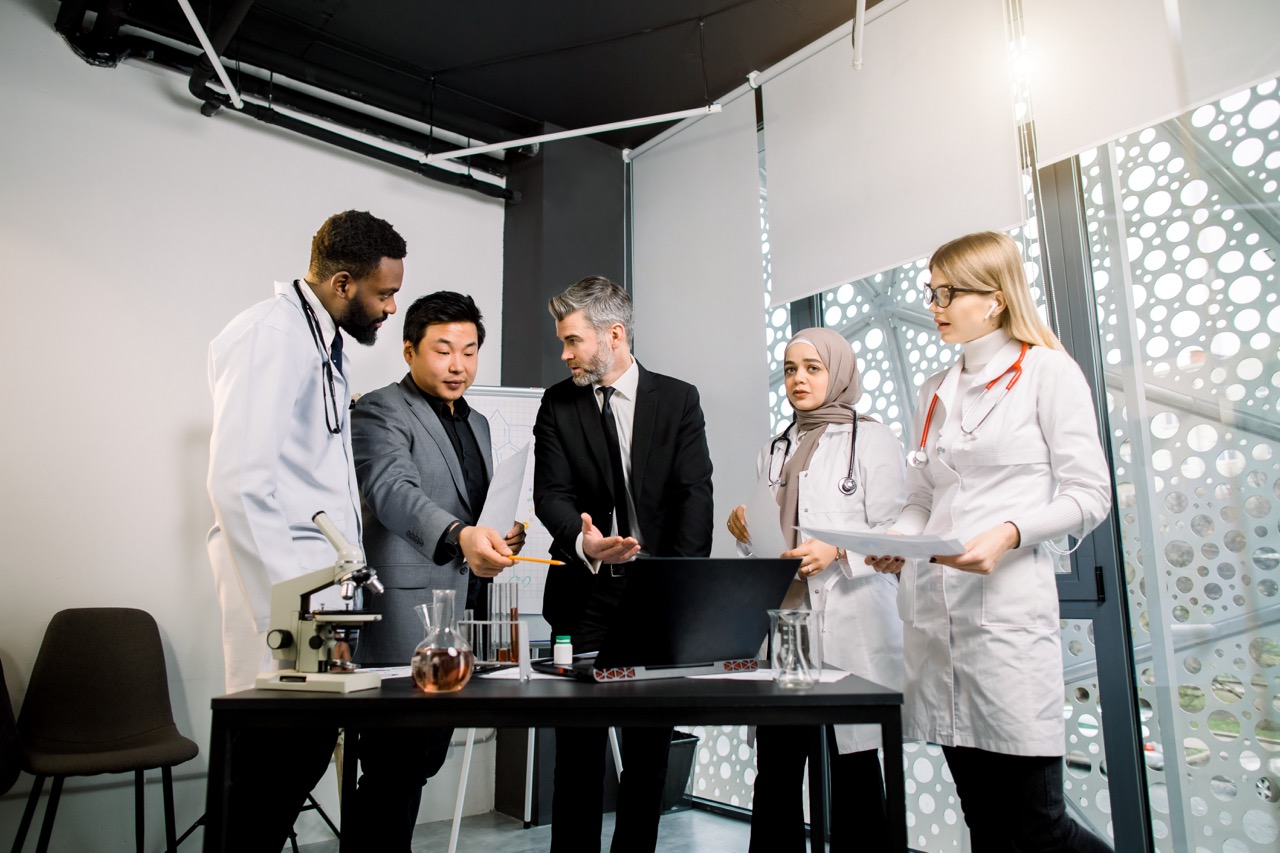Avicenna, known as Ibn Sina in the Arab world, was a Persian polymath who made significant contributions to various fields, including philosophy, astronomy, mathematics, and medicine. Born in 980 CE in present-day Uzbekistan, Avicenna’s work laid the foundations for early modern medical practices, merging empirical observation with established medical theories of the time. His most notable work, "The Canon of Medicine," is often regarded as a pivotal text that synthesized medical knowledge and influenced both Islamic and European medical traditions for centuries. This article explores the historical context of Avicenna’s medical work, his key innovations, his influence on laboratory techniques and tools, and the enduring legacy of his contributions to modern medicine.
The Historical Context of Avicenna’s Medical Work
The historical backdrop of Avicenna’s medical work is set against a tapestry of flourishing intellectual activity in the Islamic Golden Age, which spanned from the 8th to the 14th centuries. This era was marked by significant advancements in science, philosophy, and the arts, driven by the translation and preservation of ancient Greek texts as well as original contributions from scholars across the Islamic world. Avicenna emerged during a time when medicine was transitioning from mystical and superstitious practices to a more empirical approach that emphasized observation and logical reasoning.
Furthermore, Avicenna was influenced by the existing medical traditions of his time, notably the works of Galen and Hippocrates. He sought to integrate these classical theories with his own observations and clinical experiences. His environment was also shaped by the socio-political context of the Persian Empire, where various cultures converged, allowing for a rich exchange of ideas. This confluence of knowledge and historical circumstances enabled Avicenna to develop a more structured approach to medicine, which would later be codified in his writings.
In "The Canon of Medicine," Avicenna meticulously categorized diseases, treatments, and anatomical knowledge, creating a comprehensive system that would influence medical education for centuries. The text served as a medical encyclopedia, providing a framework that was both practical and theoretical. By bridging the gap between ancient knowledge and contemporary practice, Avicenna positioned himself as a pivotal figure in the evolution of medical science.
Key Innovations in Medical Practices by Avicenna
Avicenna’s contributions to medical practices were groundbreaking and multifaceted. One of his key innovations was the introduction of systematic clinical observation and diagnosis. He emphasized the necessity of careful patient assessment based on symptoms and signs, advocating for a detailed history-taking process. This method encouraged physicians to move beyond speculative practices and rely on empirical evidence, which laid the groundwork for modern diagnostic methods.
Another significant advancement was Avicenna’s classification of diseases. He categorized illnesses based on their causes and symptoms, establishing a framework that facilitated better understanding and treatment. His classification system included both external and internal factors contributing to diseases, such as environmental influences, dietary habits, and psychological states. This holistic approach to medicine was revolutionary for its time, as it acknowledged the interconnectedness of various aspects of health.
Moreover, Avicenna’s work in pharmacology was notable. He compiled extensive knowledge on medicinal plants and their properties, detailing their uses and effects. His texts provided guidance on the preparation and administration of medications, contributing to the development of early pharmacopoeias. By emphasizing the importance of a balanced diet and lifestyle in conjunction with medicinal interventions, Avicenna helped forge a more comprehensive approach to health and wellness.
Avicenna’s Influence on Laboratory Techniques and Tools
Avicenna’s insights extended to the realm of laboratory practices, where he advocated for empirical experimentation and observation in the study of medicine. His emphasis on the importance of experimentation in understanding the effects of drugs and treatments marked a significant shift from theoretical to practical approaches in medicine. This pioneering spirit fostered a culture of inquiry that encouraged future generations of physicians and researchers to explore the scientific method.
In "The Canon of Medicine," Avicenna described various medical instruments used in clinical practice, including surgical tools and devices for examining patients. His attention to the development and refinement of these tools demonstrated an understanding of their critical role in effective medical practice. The meticulous documentation of techniques and instruments contributed to a growing body of knowledge that paved the way for more advanced laboratory practices in later centuries.
Avicenna’s influence on laboratory techniques also extended to the establishment of proper hygiene and protocols for experimentation. He recognized the importance of cleanliness and controlled environments in conducting medical procedures, which foreshadowed modern laboratory practices. By advocating for a methodical approach to medical investigation, Avicenna provided a foundation for the development of more sophisticated scientific research methodologies in the field of medicine.
Legacy of Avicenna’s Contributions in Modern Medicine
The legacy of Avicenna’s contributions to medicine is profound and far-reaching. His texts, particularly "The Canon of Medicine," remained central to medical education in both the Islamic world and Europe for centuries, influencing countless physicians and scholars. Avicenna’s classification of diseases and emphasis on empirical observation laid the groundwork for the development of modern medical diagnostics and treatment protocols.
Moreover, Avicenna’s holistic approach to health, which integrated mind, body, and environment, resonates with contemporary practices in integrative and holistic medicine today. His recognition of the psychological aspects of health and well-being has found renewed relevance in modern discussions surrounding mental health and its interplay with physical conditions. As a pioneer of psychosomatic medicine, Avicenna anticipated the contemporary understanding of the mind-body connection.
Today’s medical professionals continue to draw inspiration from Avicenna’s innovative methods and philosophical insights. His work not only bridged ancient and modern medicine but also established a framework for critical thinking and scientific inquiry that remains relevant in contemporary medical practice. Avicenna’s enduring influence is a testament to the timeless nature of his contributions to the field of medicine.
In summary, Avicenna’s contributions to early medicine are pivotal in understanding the evolution of medical practices and laboratory techniques. His ability to synthesize knowledge from various sources and his emphasis on empirical observation revolutionized the medical field in his time and laid the groundwork for future advancements. The legacy of Avicenna is not only reflected in the history of medicine but also in the ongoing pursuit of knowledge that continues to shape modern healthcare practices. His work serves as a bridge connecting ancient wisdom with contemporary medical science, illustrating the enduring relevance of his contributions.










